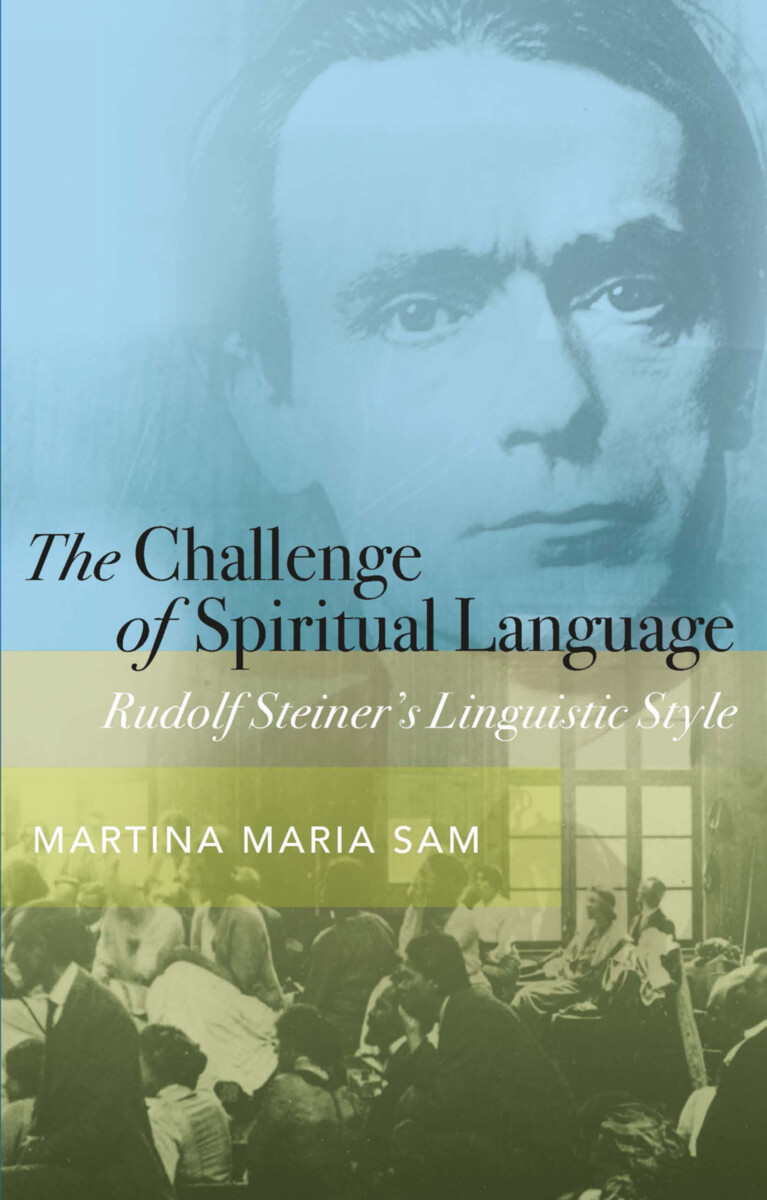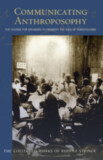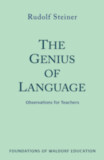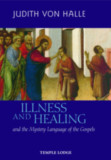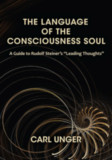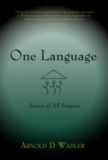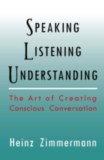The Challenge of Spiritual Language
Rudolf Steiner’s Linguistic Style
- Publisher
Rudolf Steiner Press - Published
4th August 2020 - ISBN 9781855845770
- Language English
- Pages 96 pp.
- Size 5.5" x 8.5"
“Development in the science of the spirit will always...involve what we may call developing the inner meaning and inner configuration of our language.” —Rudolf Steiner
Our present-day language cannot easily convey spiritual concepts. This is epitomized by Rudolf Steiner’s search for the words and style to express a contemporary spiritual worldview. In seven chapters that organically develop the subject, Martina Maria Sam presents longstanding relevant research. As a writer, editor, and lecturer, she observed the increasing difficulty that many—especially academics—have with Steiner’s style. However, this style was something that Rudolf Steiner developed deliberately. As she states, “What was most important for me in this was to point out Rudolf Steiner’s intentions in his specific, and often original, linguistic forms and, consequently, to create the introductory basis for a deeper understanding.” Gaining such understanding, she says, also enables us to develop insight into spiritual matters.
The author begins by quoting contemporaries of Steiner who criticized his “grating” style. She describes why he had to create new forms of expression and examines the specific nature of his lectures. She considers two comprehensive stylistic principles that permeate Steiner’s entire body of work, as well as his special way of handling the pictorial element in language. She also focuses on Steiner’s construction of meditative verses and mantras and the development of an artistic, linguistically creative element that will be possible only in the future.
C O N T E N T S:
Preface
Introduction
“If only it were all said more succinctly!”
Is Rudolf Steiner’s Language Still Understandable Today?
• The Irritation with Rudolf Steiner’s Style
• Seeking a New Language
“A constant struggle for an expression that seems sufficient...”
Why Rudolf Steiner Had to Develop a New Language
• The Battle with Language
• Impetus for a Free Spiritual Collaboration
• Uncovering the Inner Gestures of Language
“To turn and move the language so that its shortcomings are not experienced”
The Special Character of the Lectures
• The Audience Participants
• The Rhetorical Flow of the Lectures
• A Continuous Element of Activity and Development
“...that we really feel each word to be inadequate”
Characterizing Rather than Defining
• Emancipation from Nomenclature
• From Various Sides around an Open Middle
• In Contradiction and between Things
• Delicate Nuances of the Spiritual
• Understanding the Active Spirit through Participation
“...a style that can be presented fully in pictures...”
The Pictorial Element in the Language
• A Cautious, Provisional Allusion
• Speaking Comparatively Preserves the Intrinsic Character of a Thing
• The Original, Etheric Word Gesture
• The Example with Something Left Over
• Spiritual Activity in the Emergence of the Image
“...so that their content can never be entirely fathomed...”
On Forming and Experiencing the Mantras
• Everything in the Verses Has Meaning
• The Dynamic of the Change in Perspective
• Sound and the Feeling of Sound
• Creating Words Anew from the Feeling for the Sounds
• Inexhaustible Word Combinations
“Rising to the level of the process through which language is created...”
Spiritual Scientific Language as a Work of Art
• The Anthroposophical Book—A Kind of Musical Score
• The Artistic Factor in Spiritual Scientific Literature
• Returning to the Source where Language Arises
• The Whitsun Experience of Language in the Future
Martina Maria Sam
Martina Maria Sam, born in Hornbach, Germany, worked as a eurythmist on the Goetheanum stage, studied German and art history in Basel, did her doctorate on Faust in Zürich, and worked as an editor in the Collected Works of Rudolf Steiner. After leading the Section for Fine Arts at the Goetheanum for 15 years, she is active today in editing Rudolf Steiner's letters and with Stefan Hasler in the Eurythmy Research Centre and researching the biography of Rudolf Steiner.


